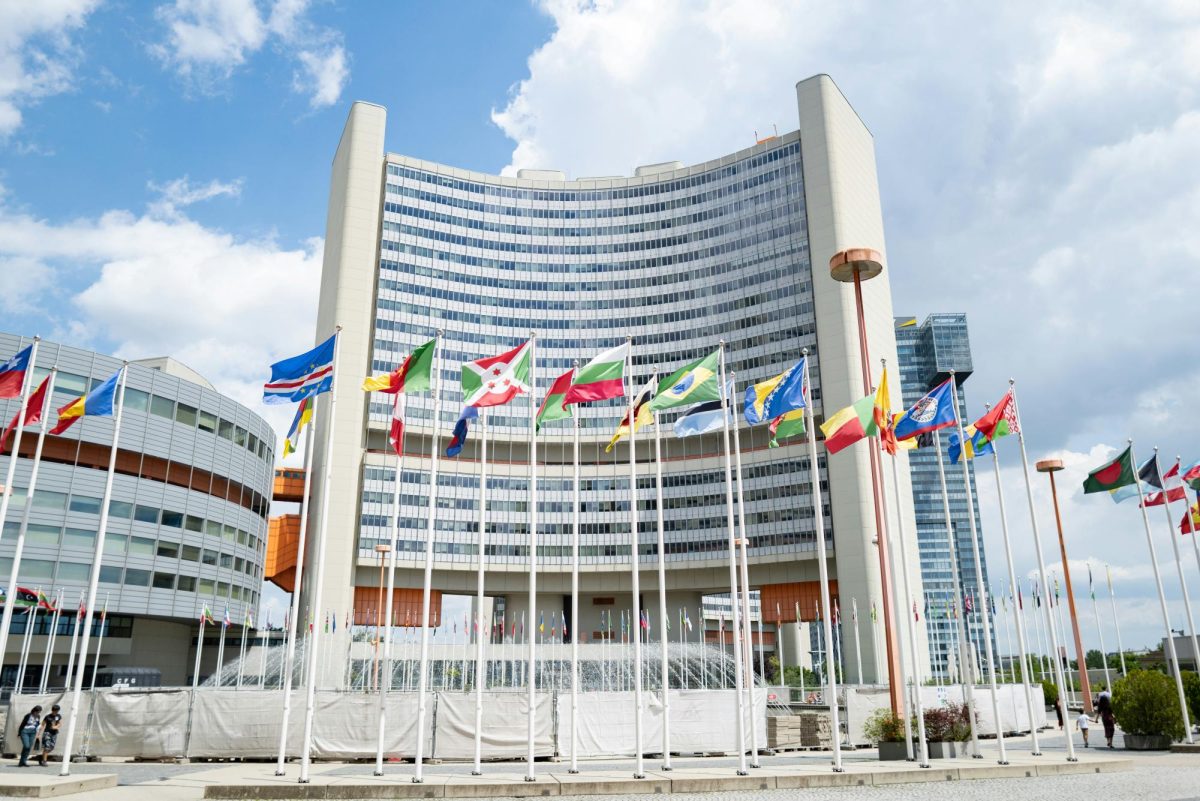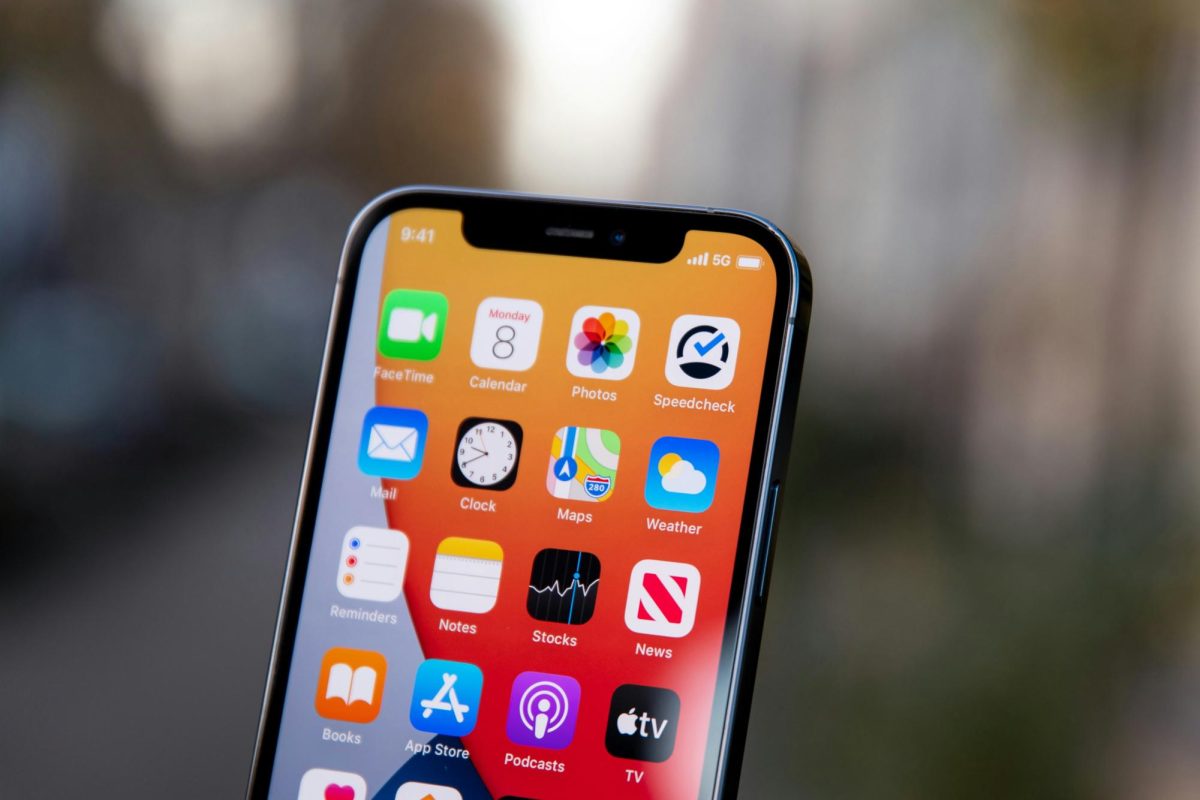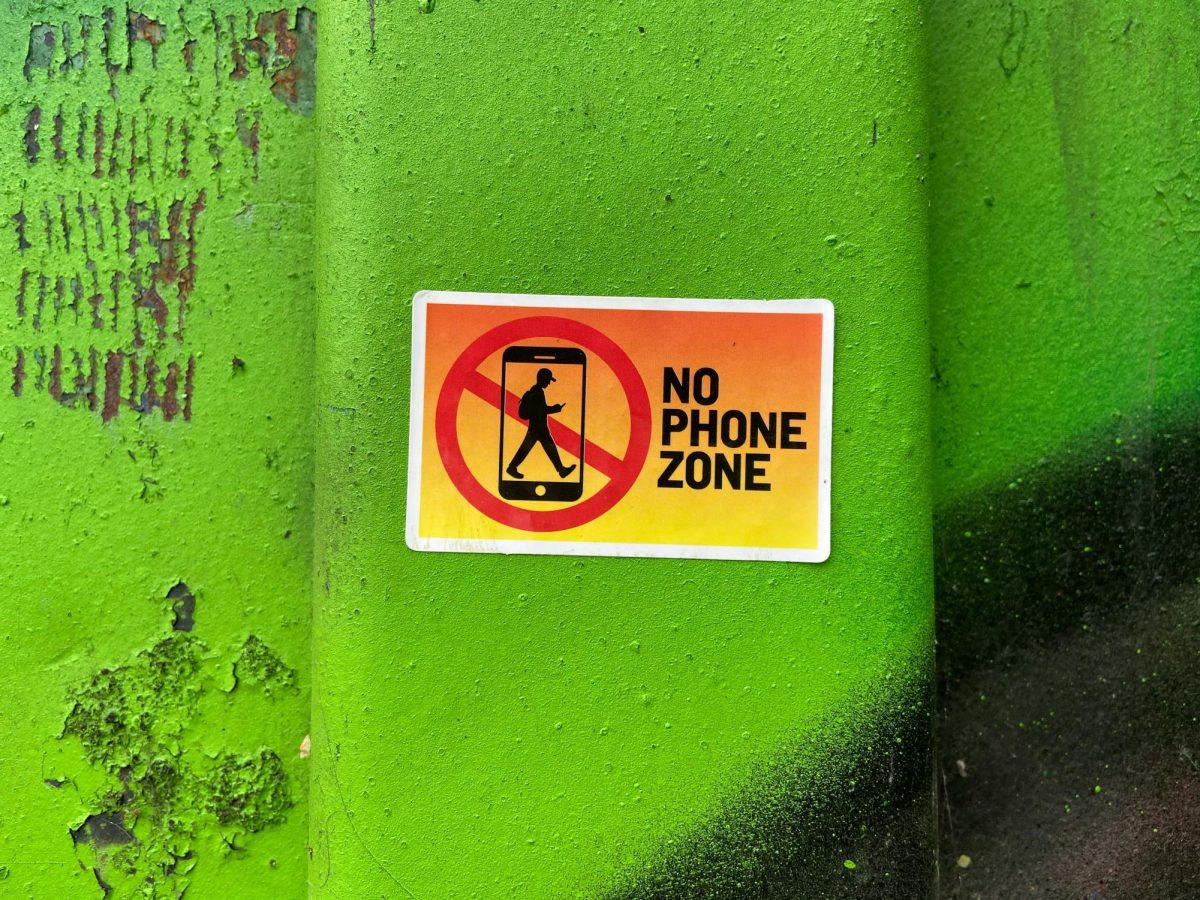It was an often-used phrase on the campaign trail. “ ‘They pull me aside — one leader after the other, quietly — and say, ‘Joe, he can’t win.’ ” Even after he dropped out of the race, President Biden would continue to say this, with some slight variations, throughout his public appearances. It was meant as an argument to sway voters. Yet it also betrayed the world’s fear and trepidation about the prospect of Donald Trump’s possible elevation to the presidency of the United States.
On November 6, 2024, Donald Trump was declared the winner of the presidential election, and those fears became a reality.
As President-elect Trump prepares to take office on January 20, 2025, it is important to understand why world leaders were, and are, so apprehensive of a Trump presidency. Too often, both American leaders and American voters ignore the wider world, because, as Trump says, “America [comes] first.” Yet, just because domestic issues take precedence, it is indisputable that America plays a role in the wider world. America, for better or for worse, leads the world, and a president’s actions in these spheres of policy matter a great deal, not least because more are affected by the foreign policy of the United States than by its domestic policy.
Donald Trump represents a marked deviation from the American foreign policy of the last several decades. While it is imperfect, with invasions in the Middle East being an oft-cited example of such ideas, Trump’s alternative is far worse, not only for Ukraine and other European allies, but also for Taiwan, South Korea, the Middle East and many impoverished or war-torn countries across the world.
For Ukraine, Trump has a long history of both pro-Putin sentiment and anti-Ukraine statements. His general policy positions can be summarized by his appearance in the 2024 presidential debate with Vice President Harris. When asked point-blank by the moderators whether he wants Ukraine to win, Trump responded, “I want the war to stop,” and then proceeded to complain about NATO and its reliance on American funding. In the same debate, he claimed that he could end the war quickly, even before he became president.
Taken together, these oblique statements can only mean one thing: that Donald Trump will abandon Ukraine and capitulate to any and all of Vladimir Putin’s wishes. The quickest way to end the war is to withdraw U.S. support for Ukraine and give Putin all the land he wants. If Ukraine is to take its land back, the war will, and must, continue.
Furthermore, Trump’s animus towards Ukraine was clearly visible throughout his first term, where he sided with Putin on several occasions and threatened to withhold aid to Ukraine in exchange for damaging information about his political opponents. (He was impeached for the first time in 2019 for these actions.) In fact, the episode has increased personal tensions between Trump and President of Ukraine Volodymyr Zelenskyy, making Trump more likely to go against Zelenskyy’s wishes.
The recklessness and problematic nature of such a policy towards Ukraine cannot be overstated. If the United States abandons NATO, lets Russia “do whatever the hell they want,” and allows a democracy, albeit a problematic one, to fall to a dictatorship that invaded a sovereign nation, autocrats will be emboldened, allies will be threatened and a leadership vacuum will develop in the free world.
Donald Trump’s policy towards Ukraine demonstrates a willingness, even a desire, to abandon allies and enable autocrats and dictators. This threatens countries all around the world, particularly South Korea, Taiwan and nations in the Middle East.
Trump’s affinity for North Korea throughout his first term has been well-documented, and while it is unlikely that Trump will come out in full support of the country, it is nevertheless undeniable that Kim Jong-Un will be emboldened by Trump’s presence in the Oval Office. This will cause much worry and danger for South Korea, a key U.S. ally in a critical region that cannot be abandoned, but could very well be by Trump.
Under President Biden, the United States pledged support for Taiwan and has been providing aid to Taiwan for defense against a possible Chinese attack. Furthermore, the United States recently reaffirmed its support for Taiwan. However, Trump has repeatedly expressed disdain for this new policy, and, in particular, has called on Taiwan to fund its own defense. This, combined with Trump’s anti-China tariff proposals, will eliminate almost all deterrents for the Chinese to invade Taiwan. Taken together, Trump’s Taiwan policy once again will threaten a key ally and embolden an anti-democratic adversary.
In the Middle East, Trump is unlikely to abandon Israel, an important ally. (This in itself is controversial, however, due to the Israel-Hamas war. Trump has been unclear about where he stands on the war, at one point saying that “The war must end,” but at another point saying “Do what you have to do” to Netanyahu.) Nevertheless, Trump’s ascension to the presidency will inject significant chaos into the region.
His first-term policy largely consisted of grandstanding against certain nations, such as Iran, while cozying up to others, such as Saudi Arabia. While it is certainly true that Saudi Arabia is more of an ally than Iran, neither country is, or should be, close to the United States. (Human rights abuses by the Saudi government alone should be enough to cause severe consternation for any U.S. president or diplomat.) Trump’s disjointed modus operandi is exactly the wrong way to conduct foreign policy in one of the most volatile regions on Earth.
Finally, and no less important, is Trump’s foreign policy when it comes to poor, devastated or war-torn nations around the world, such as Sudan and Haiti. As his views about Ukraine, Taiwan, and other countries make clear, Trump is altogether opposed to the idea of foreign aid. In other words, Trump would be happy to abandon millions around the world who rely on aid not to have a comfortable life, but simply to stay alive. This possibility becomes far more likely once one considers that, in an infamous Oval Office conversation, Trump referred to Haiti and African nations as “s**thole countries.”
Many Republicans and voters will claim that this is just fear-mongering by partisan Democrats and that none of this will be realized. But Trump’s picks for Secretary of State (Marco Rubio), U.N. Ambassador (Elise Stefanik) and Ambassador to Israel (Mike Huckabee) demonstrate that he is likely to follow through on even his more extreme policies, and that there will be no one in a second Trump administration who will be willing to stop him.
Overall, Donald Trump is a clear and present danger to the world due to his reckless, hate-filled, autocrat-embracing and alliance-breaking foreign policy. (And the above article didn’t even touch on the effect on South America his border policies will have or the adverse effects of high tariffs on key allies, both of which are favorite proposals of the president-elect.) It is no wonder that world leaders felt that they had to whisper to President Biden about the prospect of Donald Trump becoming president of the United States.









